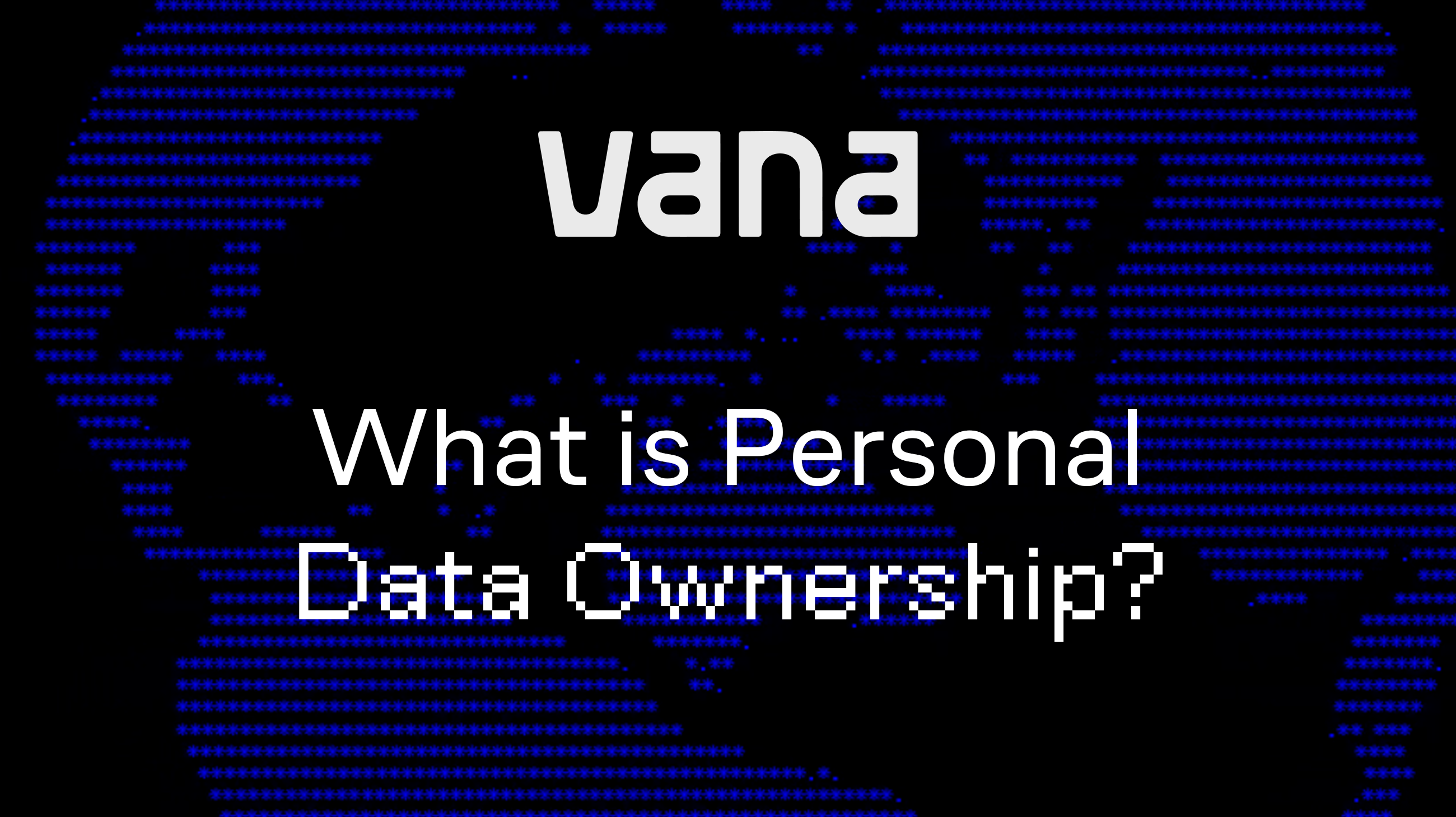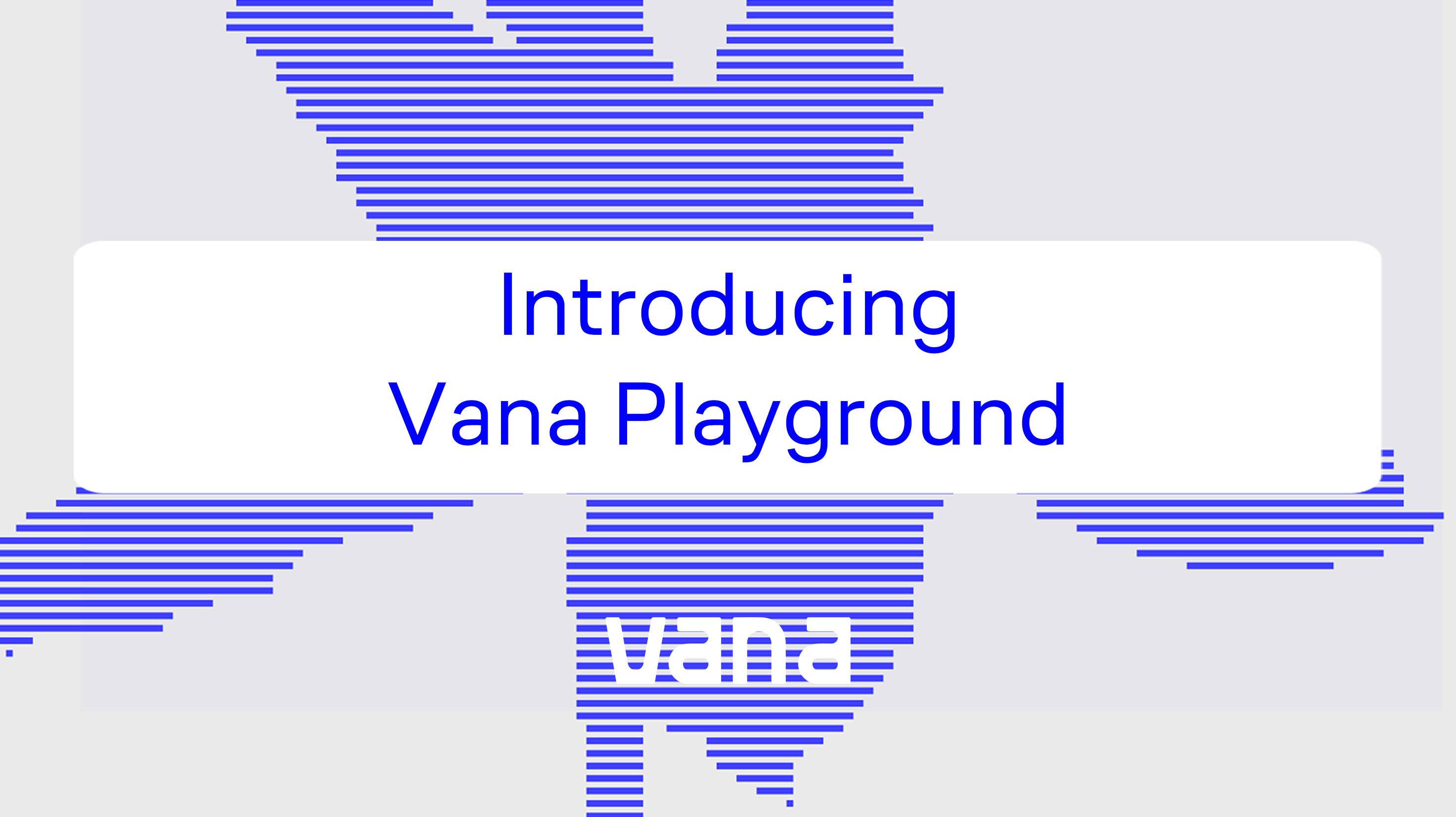What Is Personal Data Ownership? Why It Matters for Your Digital Rights
You create data every time you scroll, click, listen, shop, or chat online, but you don’t actually own most of it. Big platforms collect your personal information, lock it away, and profit from it. You get the “free” app & they get your data.
That’s where personal data ownership comes in. It’s a movement to help people own, control, and benefit from their data instead of handing it over to companies.
What Does “Personal Data Ownership” Mean?
At its core, personal data ownership means your information belongs to you, not to tech companies. That includes:
- Personal identifiers (like your name or email)
- Behavioral data (like clicks, views, or time spent on website or in app)
- Creative data (like the content within your posts, music playlists, or photos)
Apps, websites, and devices constantly collect your data, from clicks and purchases to posts and location, feeding massive systems that power ads, algorithms, and personalization. By merging this information into detailed digital profiles, companies analyze and sell insights that influence what you see, buy, and even how much you pay online.
🔗 Learn more about the future of user owned AI in our blog Breaking Down Data Walls.
Why You Don’t Really Own Your Data Today
Here’s the reality: today’s internet runs on data collection. Every “free” service such as social media, email, music, & fitness apps, make money by tracking what you do.
The Data Trade You Didn’t Know You Made
- Platforms collect structured and unstructured data about your behavior.
- They sell that information to advertisers or use it to train algorithms.
- You never see any direct benefit from it, whether monetary or otherwise.
That’s their data monetization strategy, and it’s why your attention is so valuable.
Hidden in the Fine Print
Most people technically “own” their data under user agreements, but those same agreements give companies permission to use it however they want. Even tools designed for “privacy,” like data downloads, are nearly impossible to use. The result? You’re locked out of your own information.
A Broken Governance Model
Right now, corporations control the rules through data governance models that prioritize their interests, not yours.Each company manages its own data silo, making it impossible for users to unify their personal data or benefit from it.
Why Personal Data Ownership Matters for Your Rights
This isn’t just about privacy, it’s about knowledge, freedom, and agency in the digital world. Your data shapes the experiences, recommendations, and even opportunities you see online. The more you understand and control that data, the more power you have to define your digital life.
Here’s why personal data ownership matters — and how tools like the Vana App are turning these principles into practice:
1. Protecting Your Privacy
If you can’t control your data, you can’t control your privacy. The Vana App gives users visibility into what’s being collected and the ability to manage it all in one place, from Spotify and Instagram to LinkedIn and beyond. No buried settings, no guessing games. You choose what to share, and every connection is powered by data sovereignty and decentralized storage for real privacy by design.
2. Preventing Bias and Abuse
When your data is fragmented across platforms, you can’t correct mistakes or biases. By consolidating your information into one secure hub, Vana helps improve data quality management, letting you view, edit, and understand the data that represents you. This transparency prevents companies or algorithms from relying on outdated or inaccurate profiles that don’t reflect who you truly are.
3. Fairness and Economic Value
Your data has real value to advertisers, AI models, and entire industries.With ownership, you can take part in data monetization strategies designed for you, not for corporations.
That might include:
- Joining a data marketplace
- Sharing data through a data exchange platform
- Getting paid for participation in ethical AI research

4. Digital Self-Determination
Your data defines how algorithms and AI “see” you. With Vana, you can create your Vibe, a digital reflection of your online identity that you control. It’s not a static profile built by ad tech; it’s a living visualization of your data, made by you. Paired with Vibe Apps, this experience helps users explore their behaviors and patterns in creative, meaningful ways, while keeping ownership and privacy intact.
🔗 See how Vana envisions this shift in the Vana Whitepaper.
The New Era: Tools That Help You Own Your Data
Until recently, owning your data sounded impossible. But that’s changing fast — thanks to Web3 and decentralized technology.
Meet Vana App: A Home for Your Data
The Vana app lets users pull data from platforms like Spotify, LinkedIn, and Instagram — and store it securely in one place.This data is encrypted and controlled entirely by you.
From there, you can:
- Join data collectives (also called DataDAOs)
- Earn tokens or rewards when your data contributes to something valuable
- Track how your information is used, transparently
From Data Sharing to Data Earning
Imagine your data as an asset you can lend or invest. That’s exactly what Vana’s ecosystem enables.
Data Tokens and Collectives
When you contribute to a Data Collective or DataDAO, you get data tokens that represent your share of the pool. These can be traded or managed on-chain, similar to digital assets in a decentralized data marketplace.
Ethical AI and Synthetic Data
Vana is also pioneering new forms of synthetic data generation, letting users train AI models with anonymized or aggregated data while maintaining privacy. This approach ensures that data used for machine learning respects user consent and data sovereignty.
🔗 See highlights from the Vana AI Data Summit for insights on ethical AI and user-owned data.
What This Means for the Future
We’re heading toward a world where:
- Data as a Service (DaaS) doesn’t just describe tech companies.,it describes individuals.
- Data sharing platforms will focus on transparency, not exploitation.
- Data governance best practices will center around consent, fairness, and decentralization.
This is a shift from “big data” to “fair data”, where privacy, profit, and participation can finally coexist.
Take Back Control of Your Data
Personal data ownership isn’t just a buzzword, it’s a movement that you can be part of right now.
🔗 Join the Vana App Waitlist to start owning your data today









